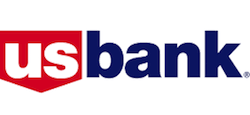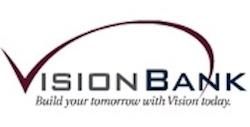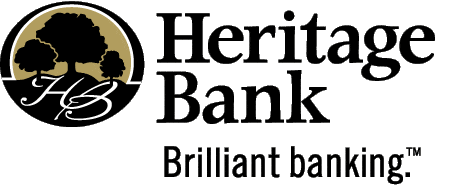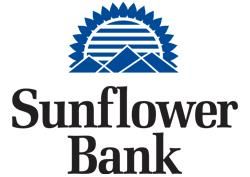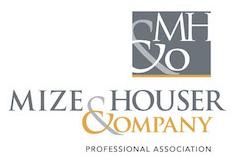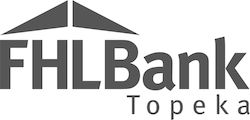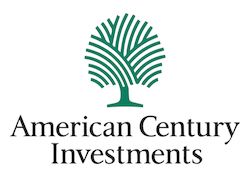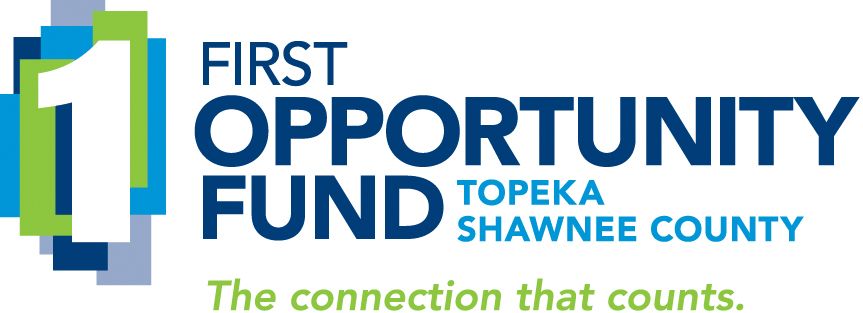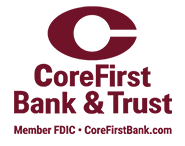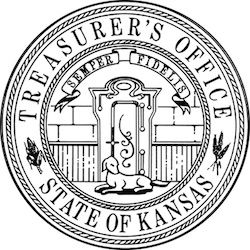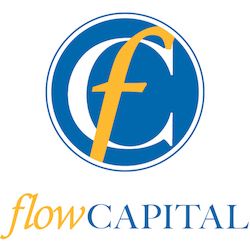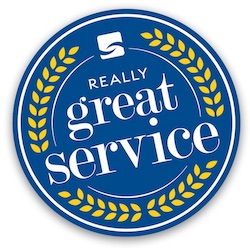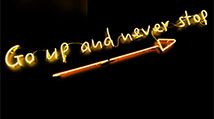 In the current economy, jobs and choices are plentiful. Movements like “the great resignation” and ”quiet quitting” are getting lots of attention. Ultimately, these—and other trends to come—are about personal satisfaction and rewarding work.
In the current economy, jobs and choices are plentiful. Movements like “the great resignation” and ”quiet quitting” are getting lots of attention. Ultimately, these—and other trends to come—are about personal satisfaction and rewarding work.
Marketers in banking have more opportunity than ever before to invest in themselves as they also help grow a successful bank.
That investment can take many forms. But one thing is clear: savvy bank marketers know about much more than marketing and creative. They have a well-rounded perspective and experience that earns respect across many levels and departments in the bank.
We recently asked ABA member marketers for their advice on building a successful and rewarding career. They were generous with their feedback and had many views in common.
Nearly everyone emphasized the value of the resources available from ABA, including Bank Marketing School and the CFMP certification as well as its Bank Marketing Conference. They also said that it is the marketer's responsibility to take charge of their own personal development.
Here are traits and habits these savvy marketers shared:
1. Be adaptable and always be learning.
“The successful bank marketer must be willing to adapt and learn,” says Jana Green, CFMP, First VP and Marketing Director at Bank of Bartlett, based in Tennessee.
“Since the time I entered banking in 2002 and marketing in 2004, my role has grown and looks very different today. Take advantage of every opportunity you can to learn new skills. Personally, I am a big fan of podcasts. Hopefully, your bank supports your skill development, but you still need to commit to learning and investing in yourself on your own time.”
Be resourceful. Olivia Will, CFMP, Marketing Coordinator at Legacy Private Trust Company, echos the need to be constantly learning. She also notes that not everyone at every level has budget for training. But that if they are resourceful, they can still find opportunity.
“When I was sharing advice with my intern this summer, she pointed out that education and networking can be expensive, and that these costs work against some people as a barrier to entry,” Will says.
“I worked with her to show her how to find free and/or low-cost trainings and certifications through resources like HubSpot, LinkedIn Learning, etc., how to successfully make connections on LinkedIn, and how to leverage the continuing education allowances that some companies offer. Some of the best advice I’ve both given and received is to not let a financial situation start to feel like a roadblock, or you can get overwhelmed. Just keep reading, writing and communicating, and it will open so many more doors than you ever knew existed.”
Bootstrapping learners should not overlook the many free services offered by their local public libraries. Most offer free access to marketing databases, language courses, audio books and other online learning—typically available both in person and online.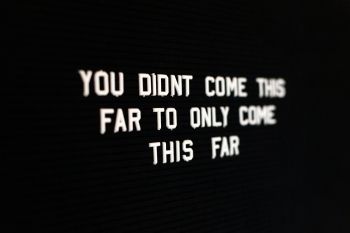
Find mentors, sponsors or role models. If your institution has a mentorship or sponsorship program for employees, raise your hand and join. If one does not exist, consider starting one.
The bank marketing community abounds with people who are happy to share their expertise. Don’t be afraid to ask questions, to listen to what they tell you and to observe what they do—even if it sounds old-school at first. They have learned some things the hard way, so use their feedback as an opportunity to sidestep pitfalls.
“One of my first bosses had spent her entire career at a conglomerate finance company before joining a small community bank and hiring me, says Charles LeFevre, CRCM, Principal Consultant of Big Easy Advisors and an ABA Bank Marketing School faculty member. “I credit a tremendous amount of my success to her mentoring in which she taught me how to appropriately scale big-bank thinking with the limited resources you have available. More importantly, she was the first boss who told me to never forget that the most important thing about my job was going home to my family. I know that I’ve been the happiest and most effective in my career when my family has been my North Star.”
It is important to note that in a successful mentor/mentee relationship, there is responsibility on both sides. Each can—and should—have something to contribute.
Even without a formal mentoring program, marketers can invest in themselves by getting to know other well-regarded professionals. “I’ve also found my agency partners to be a great resource,” Green says. “They are experts at what they do. Don’t be afraid to ask them questions so that you can deepen your knowledge base, too.”
2. Bring value by understanding other areas of the bank's business.
Marketers are creative—sometimes seen as somewhat mysterious creatures in a very conservative profession. But marketers who also understand other areas of the bank—its financials, rules and regulations—can achieve rock star status.
Learn and understand the financials. At ABA Bank Marketing School, instructor Joann Marsili, CFMP, EVP, Chief Marketing and Digital Experience officer at Fidelity Cooperative Bank, teaches essential financials to attendees with an emphasis on understanding how to compute ROI on a marketing campaign. Attendees are put through hands-on exercises in multiple scenarios so they come away with a deep understanding of how to run these numbers on their own.
Several other instructors teach additional financial concepts so marketers not only know how marketing brings direct value to the bank through their campaigns, but also have the ability to think more broadly about—and bring thoughtful input to—discussions on the bank’s overall position and performance.
Jenny Olson, CFMP, Community Engagement Officer at MidWestOne Bank, says, “Ask lots of questions! Especially about the financial aspects of banking. The sooner you begin to understand reports and how the bank runs, the easier it will be for you to start contributing to the financial success of your bank in a meaningful way.”
Earning a seat at the ALCO Committee table means bringing value to the most strategic committee in the institution. That only happens with learning to use both analytical and creative thinking.
Learn and understand data and analytics. “For those who might be just entering the marketing world today, I truly believe those who can balance their creative side with a deep understanding of technology and data analytics will have a much brighter line to success," LeFevre says. “With personalization and buyer intent data helping to drive marketing closer and closer to the very moment a consumer is ready to make a purchasing decision, the best marketers of today and the future will be able to seamlessly identify these triggers and create the perfect emotional appeal that drives sales.”
3. Network.
Volumes have been written about networking. Its importance cannot be overemphasized. Whether making new connections in the bank, the profession or the community, relationships help build a marketer’s personal brand and improve their ability to get things done with less effort.
Meet new people. Network inside and outside the bank. Green says, “Meet as many people as possible–in banking, in the community, in your personal life. The more people you know, the easier your job will be.”
Ask questions and make connections. Be curious and ask, “Where can I bring value to these relationships?”
“Nothing energizes me more than the opportunity to talk with people in our industry to see what challenges they’re facing and share ways to approach the challenge,” says Theresa Wendhausen, CFMP, VP, Branding and Communications Manager at First National Bank and Trust and a member of the ABA Bank Marketing School faculty.
4. Know your audiences.
Audiences abound. Customers, prospects, colleagues and the boss. Getting to know what makes them tick, how you can help, and how they can help you are career-builders.
Great marketers know their audiences.
“This isn’t something that’s done passively,” says LeFevre. “These are active conversations that happen with real consumers on a regular basis. When you know your audience, you’re able to be more authentic and fearless because they’ve literally told you exactly what they want.”
Stacie Tindle, CFMP, VP of Sales at Wordcom says, “When I started my career in banking at Missouri Bank just over 20 years ago, I asked George Satterlee, EVP, what he recommended to set myself up for a successful career at Mobank. His response was quick and is still relevant today. He told me to listen, ask questions and find out what motivates others in the bank.
“It’s also been great advice for my life outside of my work. Your co-workers, friends and family want to feel heard. If you understand what motivates them, you can meet them where they are and have a genuine connection.”
Two more timeless nuggets of wisdom: Be fearless. Get outside your comfort zone and never underestimate yourself. And if you don’t enjoy what you’re doing, it isn’t worth doing. Basically, find the fun in everything you do—or make it fun. You’re most likely to feel fulfilled in your career if you align your natural talents and skills with what you do.
Workforce trends change. But investing in yourself and your career will never go out of style.For more Banktastic content about professional development, see our 5-minute video: Attracting and Retaining Millennial Talent to Your Financial Brand: 3 Essentials, or watch our on-demand webinar: Millennial Branch Managers as Business Developerson-demand webinar: Millennial Branch Managers as Business Developers. If you need a financial marketing agency to partner with you on develping your team and your employer brand, contact Martha Bartlett Piland, CFMP to get started:
This article first appeared in the American Bankers Association Bank Marketing Journal. • Photo credits: Fab Lentz, Drew Bemer and Randalyn Hill.




